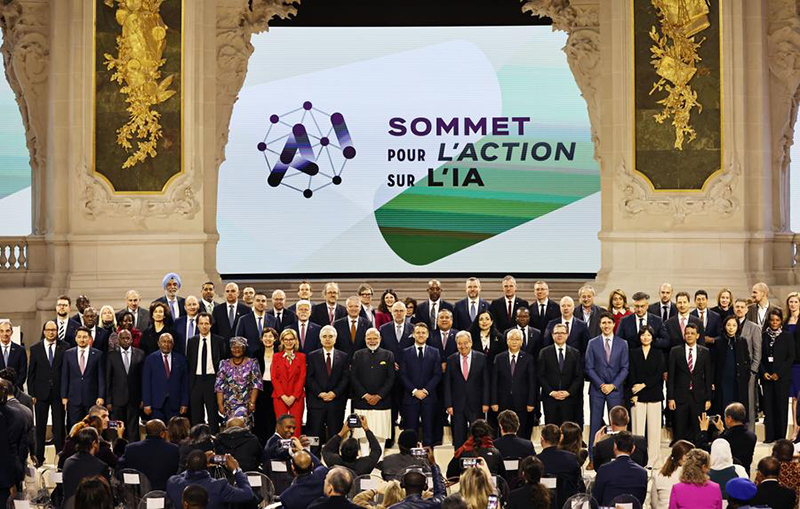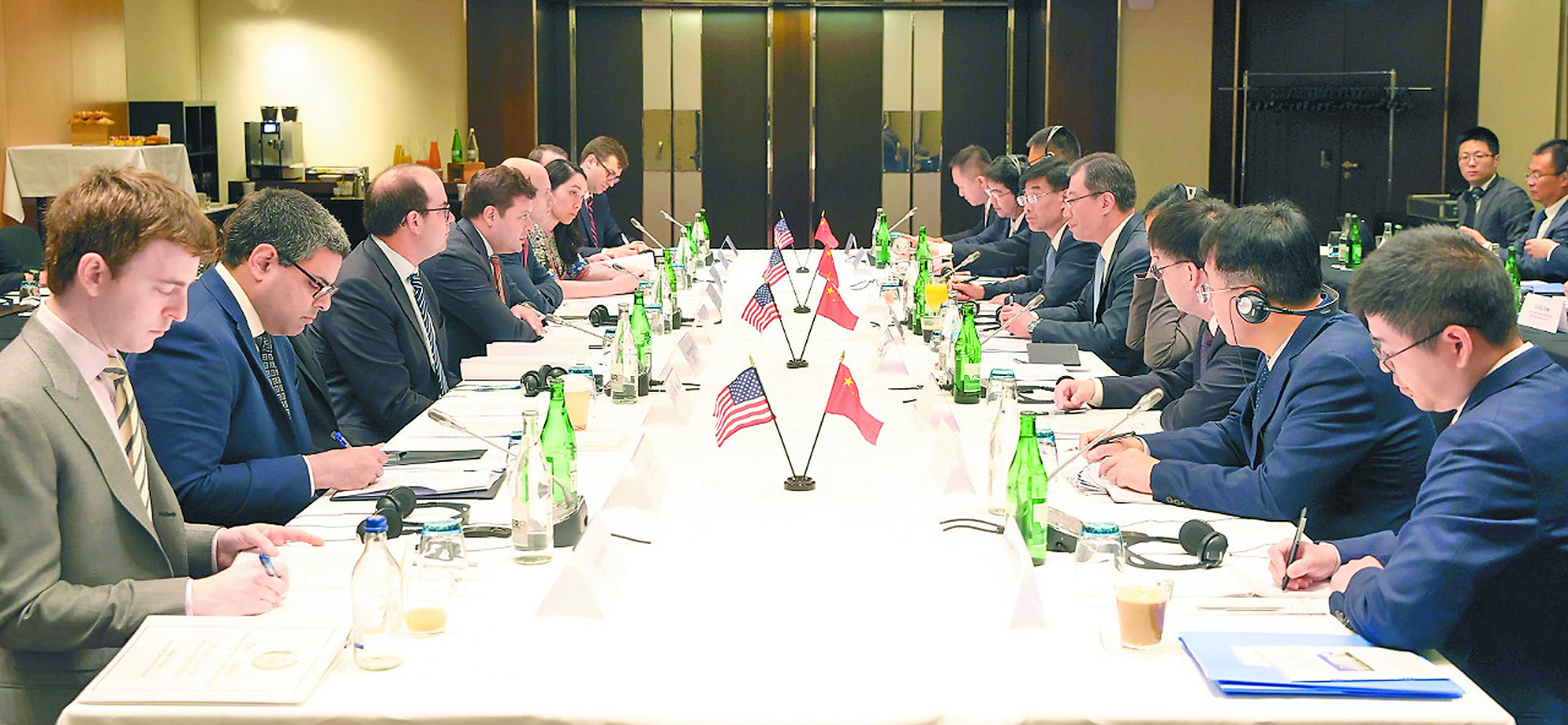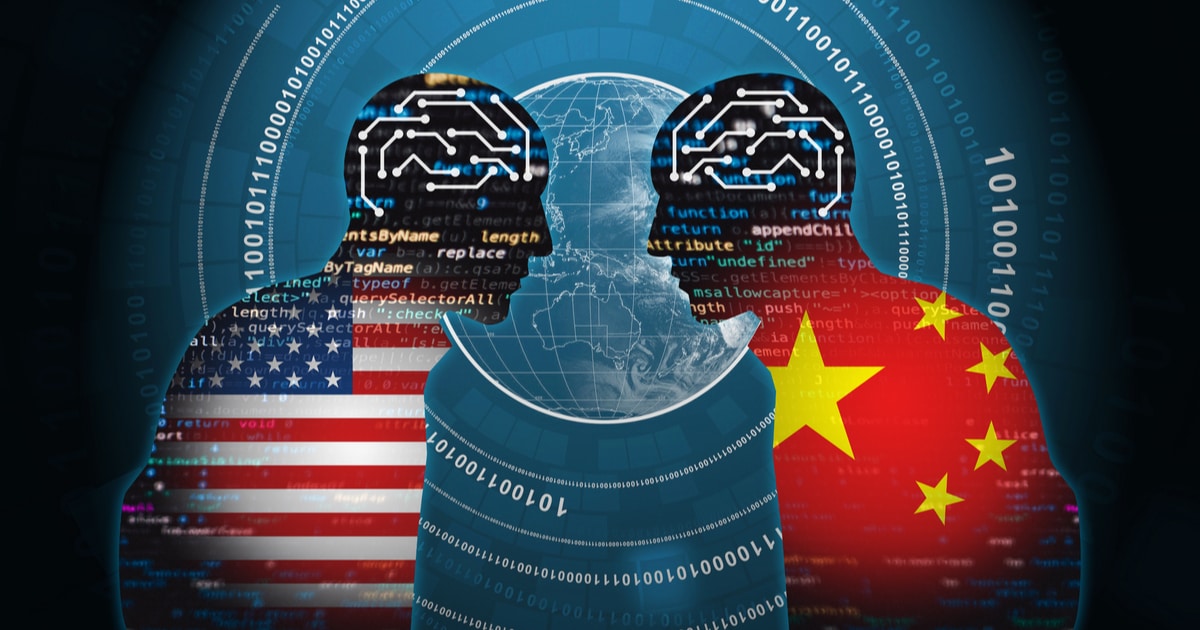
Fu Ying, Founding Chair of Center for International Security and Strategy, Tsinghua University; China's former Vice Minister of Foreign Affairs
Feb 17, 2025
The Paris AI Action Summit was held on February 10 and 11. AI experts, policymakers and industry leaders from various countries gathered to engage in in-depth discussions about opportunities and challenges in AI development and governance. Chinese scholars led by former Chinese vice-foreign minister Fu Ying attended the Paris AI Summit. Below are the main points in Fu Ying’s Remarks on AI Safety and Governance at the Paris AI Summit.
Zhonghua Sheng, Researcher and Postdoctoral Fellow, Centre for Contemporary China and the World, The University of Hong Kong
Sep 13, 2024
The Volt Typhoon cyberattacks underscore the escalating tensions between China and the U.S. in cyberspace, with both nations deepening mutual distrust that risks spiraling into broader conflict. To prevent further deterioration, the U.S. and China must engage in dialogue, establish international cybersecurity frameworks, and cooperate on managing cyber threats, ensuring that neither side becomes the winner of a destructive cyber or AI-driven war.

Richard Weitz, Senior Fellow, Hudson Institute
Jun 14, 2024
The wide divergences in Chinese and U.S. preferences regarding artificial intelligence suggest NGO-led engagements will yield greater security benefits than official meetings.

Richard Weitz, Senior Fellow, Hudson Institute
Jun 14, 2024
The wide divergences in Chinese and U.S. preferences regarding artificial intelligence suggest NGO-led engagements will yield greater security benefits than official meetings.

Peter Bittner, Lecturer, University of California, Berkeley
Dec 21, 2023
The new frontier of AI may be the most exciting technology in the world, and the most controversial. The need for regulations across cultures and countries could be an opening for the U.S. and China to cooperate for the greater good.
Zhang Tuosheng, Principal Researcher at Grandview Institution, and Academic Committee Member of Center for International Security and Strategy at Tsinghua University
May 04, 2023
New international institutions, mechanisms and laws — as well as the reform and improvement of existing ones — should no longer be dominated by the West. The shaping of a new global order should be done through multilateral cooperation.

Lu Chuanying, Fellow and Secretary-general of the Research Center for the International Governance of Cyberspace, SIIS
Jul 07, 2022
The issue has gradually moved up to become one of the most controversial in bilateral relations. Its impact is extensive and its priority is consequently high. Finite, feasible goals are needed to settle the dust through dialogue.

He Yafei, Former Vice Minister of Foreign Affairs
May 24, 2022
In cyberspace order and governance, China is a global leader. It’s capacity continues to improve, and it has a major role to play in working toward a more peaceful, secure, open and cooperative digital future.
Zhou Xiaoming, Former Deputy Permanent Representative of China’s Mission to the UN Office in Geneva
Feb 26, 2022
By starting and sustaining a tech war against China, Washington has placed itself on the wrong side of history. Like its trade war, the battle in the high-technology sector will turn out to be difficult to win.

Wang Yuzhu, Research Fellow, Institute for World Economy Studies, SIIS
Aug 27, 2021
Correctly understanding each other’s policies will avoid sinking into an infinite negative loop. Speculation about China-U.S. financial decoupling has returned. But politicization of financial matters will only do further damage to the already deteriorating bilateral relationship.